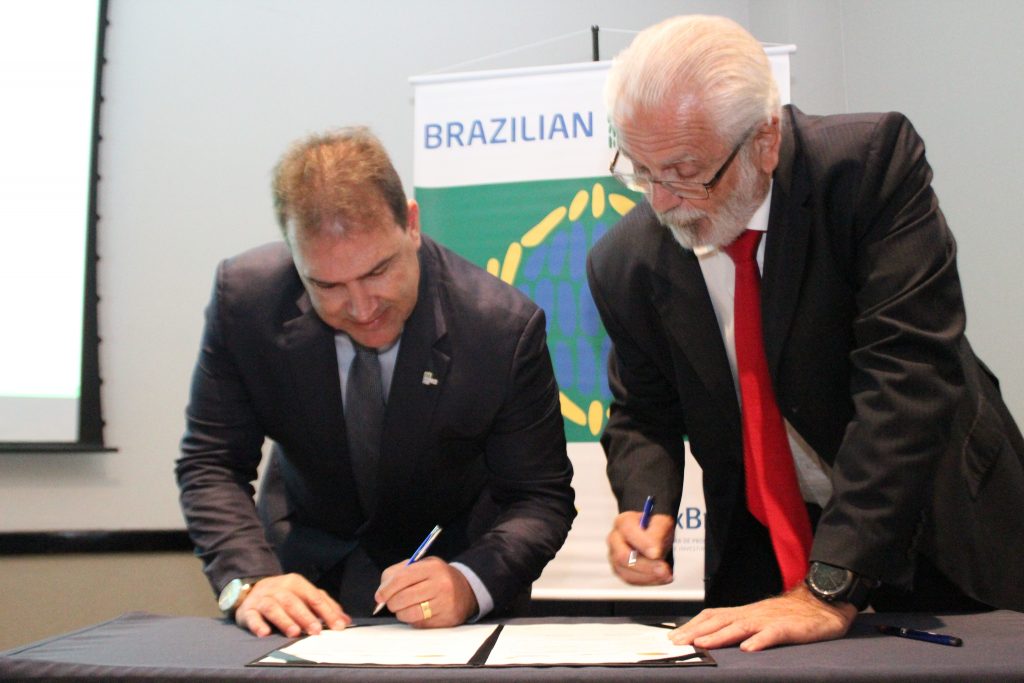São Paulo – Saudi Arabia is once again among the target markets of Brazilian Rice, a partnership between the Brazilian Trade and Investment Promotion Agency (Apex-Brasil) and the Brazilian Rice Industry Association (ABIARROZ). The extension of the project was signed Thursday (26) morning in Porto Alegre (RS), in an event that was attended by the sector’s leadership.
“We’re still betting on Saudi Arabia, especially because of the potential of the parboiled rice in that market,” Gustavo Ludwig, manager of Brazilian Rice, told ANBA. “We attended Foodex last year and are planning to be there again this year,” he said.
Four Brazilian companies from the sector went to Jeddah last year to attend Foodex Saudi, an important local food trade expo. Last year’s good performance raised the interest to return to the 2018 edition, which will be held from November 12 to 15.

In addition, Ludwig mentions Gulfood, in Dubai, as an event in which Brazilian companies could find more opportunities. “And there, not only in Saudi Arabia, but across the Arab market,” he explained. Saudi buyers will also be invited for B2B meetings organized by the project.
ABIARROZ stated that Saudi Arabia’s still seeing as a country needing prospection. The United States, Panama, Peru and United Kingdom are the other target markets of the project for the 2018-2020 period, when BRL 2.1 million (USD 620,000) should be invested. Iraq was also mentioned by Ludwig as a prominent market, alongside Cuba, Senegal, Venezuela, Sierra Leone, Nicaragua, Bolivia and Gambia.
“This action is crucial, since usually there’s a rice surplus production in Brazil and the exporting channel of an already industrialized product becomes very important,” said, in a statement, ABIARROZ’s president, Elton Doeler. He said that the goal is to turn the country into a renowned competitor in international trade for its quality, production capacity and food security.
Also attending the event, Apex’s president Roberto Jaguaribe highlighted the agency’s work. “We went through an effort to open new partners up for trade. Many times, we forget that we are a large country – geographically, economically and demographically. We can’t operate as a small country, we have to take action as a large country,” he said in a statement.
Translated by Sérgio Kakitani




